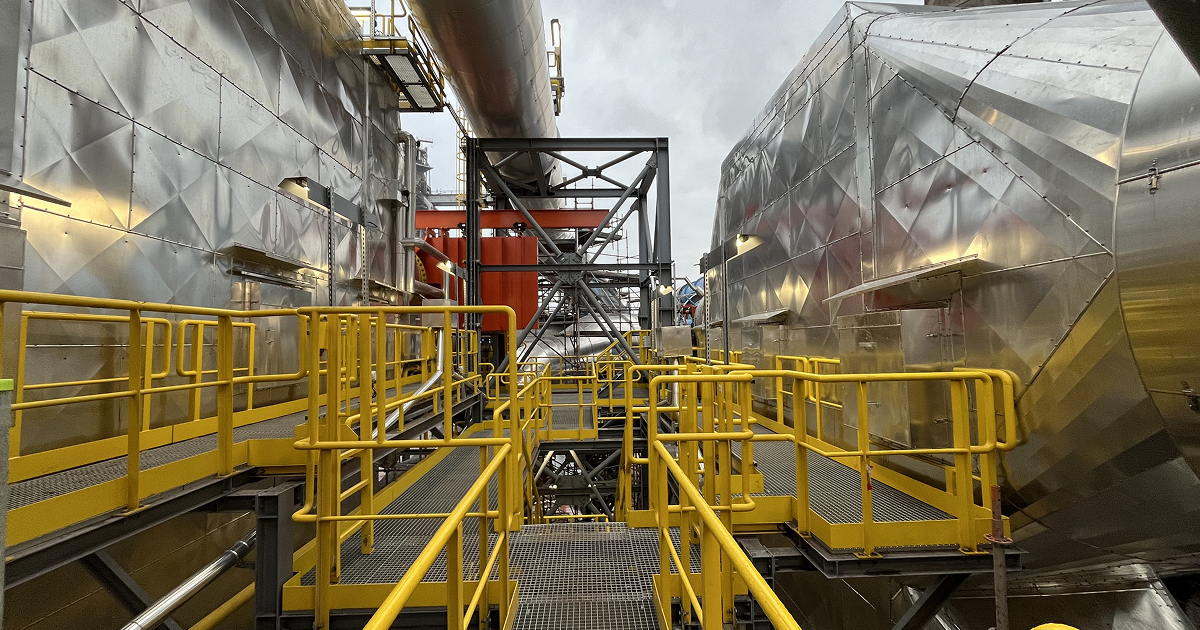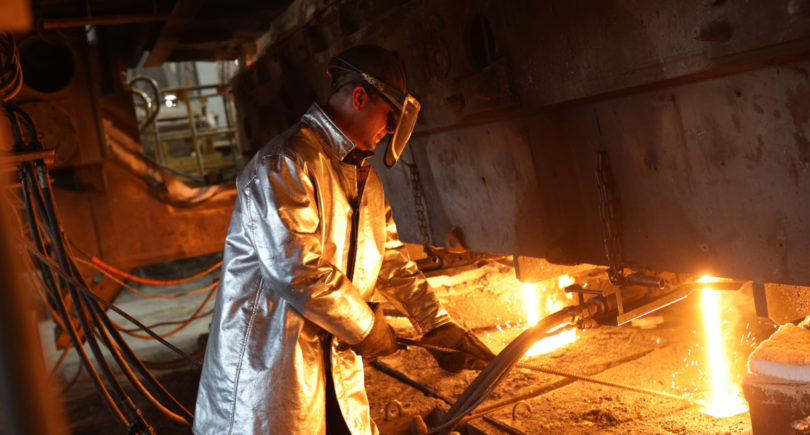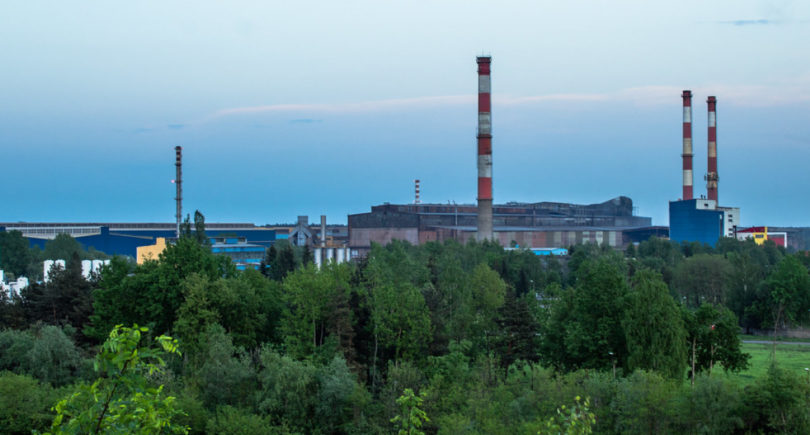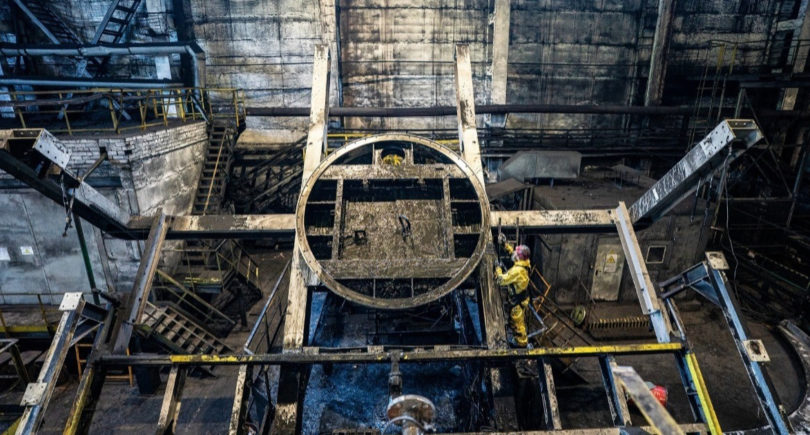
News Companies ArcelorMittal 1265 01 April 2025
The project reduces CO2 emissions by 56 thousand tons and improves steel production efficiency
E.ON Polska has completed the construction of a heat recovery system at ArcelorMittal Poland’s plant in Dąbrowa Górnicza. The new technology is already fully operational and provides significant energy savings, and is undergoing final warranty tests, the company said in a press release.
The innovative solution allows the use of flue gas energy with an average temperature of up to 250°C, which is returned to the production process. This allows fuel gas and air to be heated up to 180°C, which leads to a reduction in CO2 emissions by 56 thousand tons annually, the recovery of 117 GWh of energy, and a reduction in coke consumption by 10 thousand tons per year.
The implementation of this system was made possible by the strategic partnership between E.ON EIS Polska and ArcelorMittal Poland, which already includes eight energy efficiency projects.
Piotr Drzysteck, Director of Decarbonization at ArcelorMittal Poland, emphasized that the company has reduced dust emissions by 90% and CO2 by 42% since 2004, and the new system allows for even more efficient use of waste heat in the production process.
Jörn-Erik Manz, Chairman of the Board of E.ON EIS Polska, emphasized that this is an important step towards reducing the carbon footprint and improving energy efficiency. The general contractor Mostostal Zabrze confirmed that the project was on schedule and the installed equipment was operating within the expected parameters.
Wojciech Koszuta, President of ArcelorMittal Poland, noted that since 2004, the company has reduced energy consumption by 40%, and this project is part of its decarbonization strategy.
This is the largest investment in heat utilization in the steel industry in recent years. The company is evaluating the possibility of implementing similar solutions at other enterprises.
Earlier this year, ArcelorMittal Poland announced the commissioning of new hydrogen furnaces in the annealing shop at its Kraków plant. Investments in the project amounted to PLN 52 million ($12.5 million). As a result, the company eliminated ammonia from the annealing process and reduced its duration, which reduced natural gas and electricity consumption and cut carbon emissions by 50%.




